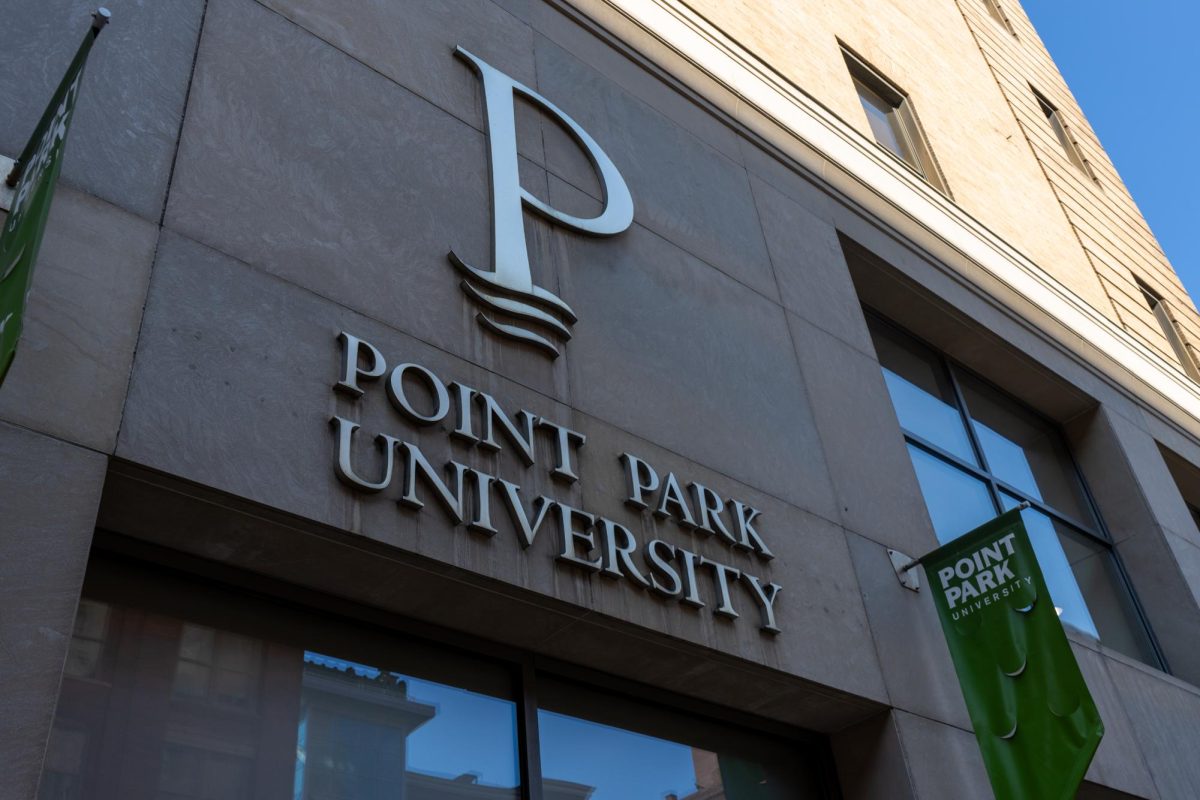A U.S. Department of Education spokeswoman said universities have the right to decide to whom they give certain federal student aid, regardless of whether their decision is based on where students reside, or if they have a full-time credit load.Spokeswoman Jane Glickman told The Globe on Friday that the U.S. Department of Education had no knowledge of the pending lawsuit filed by Point Park University’s former senior director of student financial services on Tuesday. The lawsuit alleges that the university in concordance with two current employees has been methodically barring commuter and part-time students from the Federal Supplemental Educational Opportunity Grant (FSEOG).”I never heard it was against the rules for a university to decide to give the [FSEOG] to students who are needy and want to live on campus,” said Glickman, who explained that the department will not further comment on a lawsuit currently in litigation with which it is not directly involved.As reported in Pittsburgh’s two daily newspapers this past week, Betty L. Davis who worked at Point Park from Nov. 10, 2008, to July 2, 2010, claims in the lawsuit that during her time at the university she witnessed Sandra Cronin, then the director of Financial Aid, manipulate documents to bring in more federal money. Davis alleges that Cronin also submitted various documents under other counselors’ names.She claims that Cronin, who is now the senior associate director of financial aid, developed the formula that prevents commuter students – over 70 percent of the university’s population – as well as part-time students from receiving FSEOG funds. According to the lawsuit, Davis, after becoming aware of the alleged doctored documents, alerted her superior, Bridget Mancosh, the university’s vice president of finance and operations. The lawsuit claims that Mancosh “praised Davis’ managerial actions,” but told her to “keep this quiet.”After Mancosh’s acknowledgment of Cronin’s actions, but subsequent indifference, Davis, according to the lawsuit, asked for an independent audit of the financial operations of Point Park.Tershel & Associates, the law firm handling Davis’ case, released the documents outlining the independent audit, performed by Financial Aid Services, Inc. Darylann Thomas, the senior consultant listed in the audit, could not be reached for comment.”[Cronin], director of financial aid, has been awarding the SEOG to a selected cohort within the student population at [Point Park],” reads the executive summary from Financial Aid Services, Inc. The lawsuit also claims that Cronin submitted a complaint against Davis, which led to a meeting of Davis, Mancosh and a Human Resources representative from Point Park. The lawsuit says that all parties found Cronin’s complaint “unfounded,” but that during that same meeting Davis’ employment was terminated. Davis alleges that because her termination occurred several days before a federal audit, she was fired to cover up the financial aid mismanagement. However, the lawsuit states that the university contends that her termination was “ostensibly due to department restructuring.”According to Title 34, Part 676 of the Code of Federal Regulations, institutions should first select recipients for the FSEOG from those students who already receive the Federal Pell Grant and have the lowest expected family contribution (EFC).Then, if institutions have remaining funds, they should award the FSEOG to students who have the lowest EFC who do not have the Pell Grant.For part-time and independent students, if a college or university’s allocation of FSEOG funds is based upon their included financial need, then the institution is required to award an applicable portion of the money to those students.The website www.fseog.com was created by Arizona-based company College Aid Services, LLC to provide more sufficient sources about financial aid for students. According to the site, each school of the 4,000 universities and colleges that receive the FSEOGs get a fixed amount. If a school does not deplete the funds, then it is at risk of having a lower fixed amount the following year. “The FSEOGs are determined on an individual, student-by-student basis by the financial aid office of the school,” according to the website. “A school’s financial aid office is entrusted with the management of their FSEOG funds, filling in the financing gaps for the students who qualify. The monies are not a guarantee to a student, even if they do qualify, because the funds are limited to certain amount and are only distributed until they run out.”On the full-time students grants page of the Point Park website, there is no mention of any commuter exclusion for the FSEOG. On the site’s part-time students grants page, there is no mention of the FSEOG. According to the 2009-2010 Federal Student Aid Handbook, also cited in Davis’ lawsuit, the FSEOGs are part of a campus-based aid program, meaning these are funds specifically awarded to the institution. Other aid in this program includes the Federal Work-Study Program and the Federal Perkins Loan. The handbook states that students who have already received a bachelor’s degree or first professional degree are not eligible for the FSEOG.”A school must make FSEOG funds reasonably available (to the extent that funds remain) to all eligible students,” according to the handbook.
Breaking News











